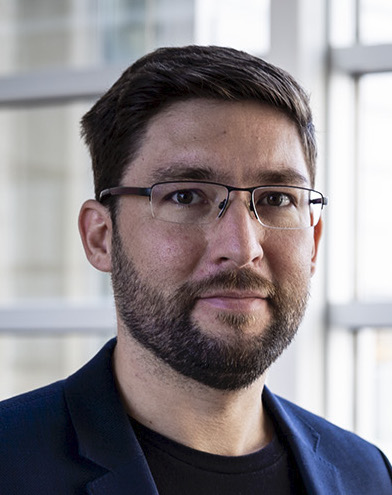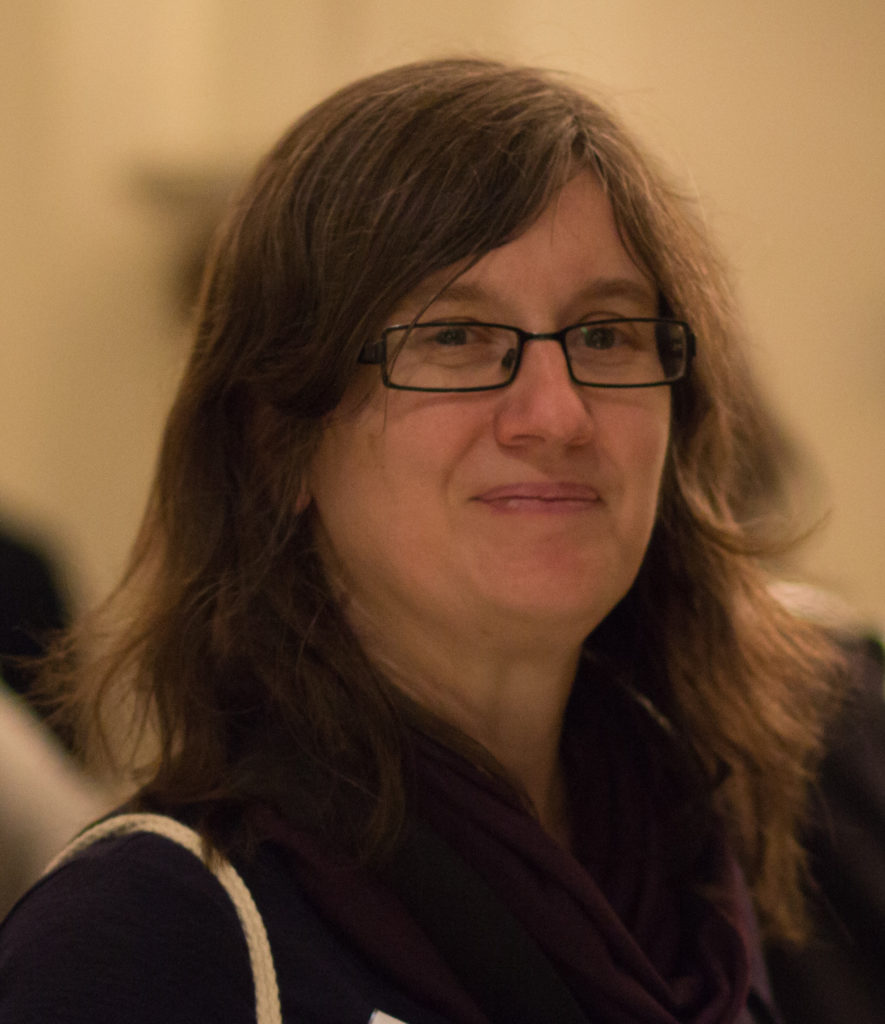Krisztian Balog
Entities for Augmented Intelligence
Entities have become ubiquitous in moders information access systems, ranging from search and recommendation engines to personal digital assistants. Many of these information access scenarios are driven by a larger work task, which is often complex (involving a nontrivial sequence of steps) and knowledge-intensive (requiring access to and manipulation of large quantities of information). In this talk, I will present a collection of methods that utilize entities for assisting people in completing their work tasks.
A core component to enabling semantic understanding in the aforementioned systems is knowledge bases: large-scale resources that organize information about entities, their attributes, and relations between them. The maintenance and augmentation of knowledge bases presents an ongoing challenge. It also offers a unique opportunity for developing tools to equip knowledge workers and to provide assistance with labor-intensive manual processes. I will highlight a number of approaches in this direction.

Krisztian Balog is a Professor of Computer Science at the University of Stavanger, Norway, where he leads the Information Access & Interaction research group. He also holds a Staff Visiting Faculty Researcher position at Google, London, UK. Balog’s general research interests lie in the use and development of information retrieval, information extraction, and machine learning techniques for intelligent information access tasks. His current research concerns entity-oriented and semantic search, and novel evaluation methodologies. He has authored over 100 peer-reviewed publications and has recently published the (open access) book Entity-Oriented Search (Springer, 2018). In recognition of his significant and influential contributions to the area of semantic search and evaluation methodology, Balog was recipient of the Karen Spärck Jones Award in 2018.
Sally Chambers
Library Labs as experimental incubators for Digital Humanities research
Can we consider libraries as the laboratories of the humanities? If so, would they be good places to observe and better understand the everyday practices of the humanist at work? Similarly, can the notion of the laboratory as a place of scientific experimentation be applied to libraries as a place to experiment with digital cultural heritage collections? Could “library labs” enable humanities researchers, cultural heritage professionals and computer scientists to work more closely together to push the boundaries of contemporary humanistic enquiry? Using Bruno Latour’s anthropological observations of the scientific practices of biologists in their laboratory as a starting point, we will consider the concept of libraries as the laboratories of the humanities. Extending this concept further, we will consider, “what is a library lab?” by examining the activities of library labs internationally. Finally, we will introduce the emerging Digital Research Lab at the Royal Library of Belgium (KBR) as part of a long-term collaboration with the Ghent Centre for Digital Humanities (GhentCDH). Using “KBR Labs” as a case study, we will consider the role that library labs could play as experimental incubators for digital humanities research.
Slides available from Google Slides.

Sally Chambers is Digital Humanities Research Coordinator at Ghent Centre for Digital Humanities, Ghent University, Belgium and National Coordinator for DARIAH, the Digital Research Infrastructure for the Arts and Humanities in Belgium. As Chair of the DARIAH-EU National Coordinator Committee, she is a member of the DARIAH Senior Management Team. A core focus of her work is developing effective and sustainable partnerships between humanities researchers, IT experts and library and information professionals. She is one of the instigators of an emerging Digital Research Lab at the Royal Library of Belgium (KBR) as part of a long-term collaboration with the Ghent Centre for Digital Humanities to facilitate data-level access to KBR’s digitised and born-digital collections for digital humanities research. Sally is a member of the DH Benelux Steering Committee and an active participant in the international Building Library Labs community, instigated by the British Library. Previously, Sally was Secretary-General of DARIAH-EU, based in the Göttingen Centre for Digital Humanities, Germany and also worked for The European Library, based at the National Library of the Netherlands focusing on interoperability, metadata and technical project coordination.
